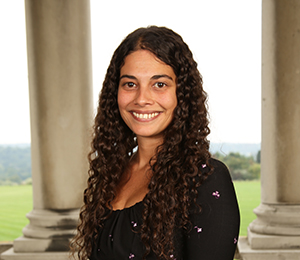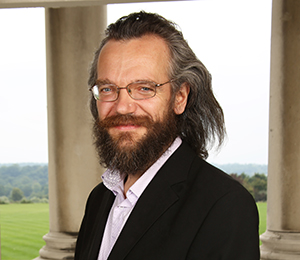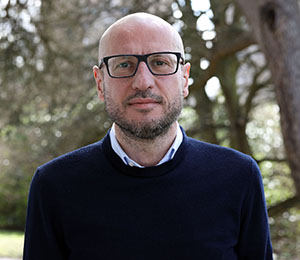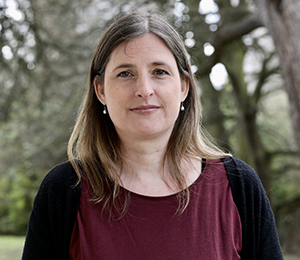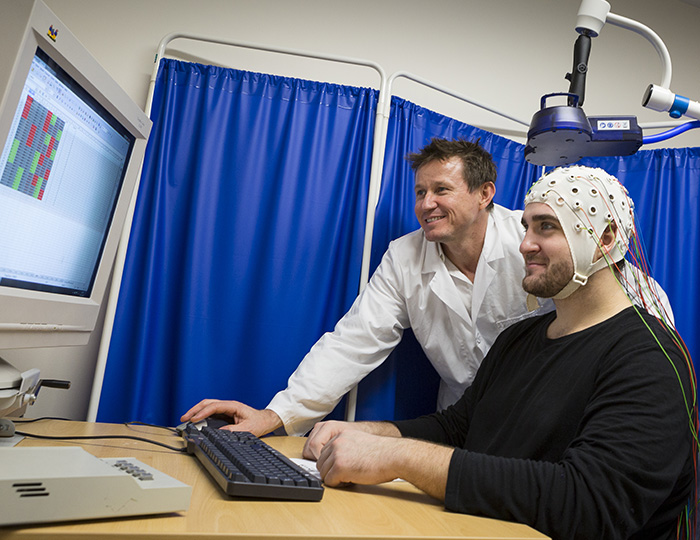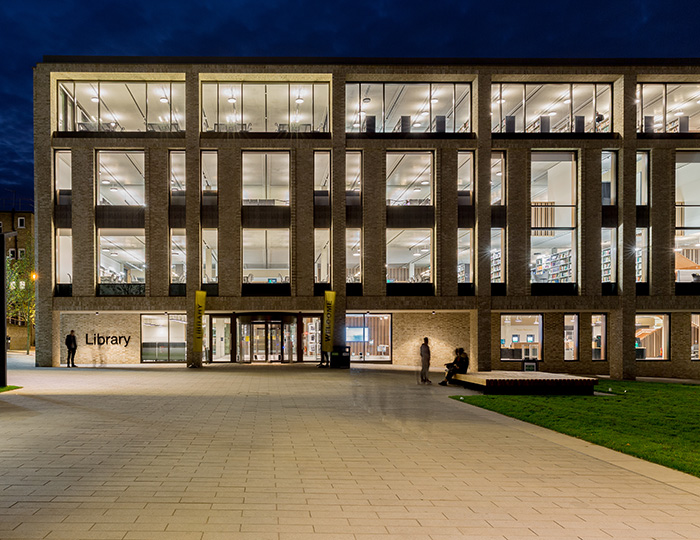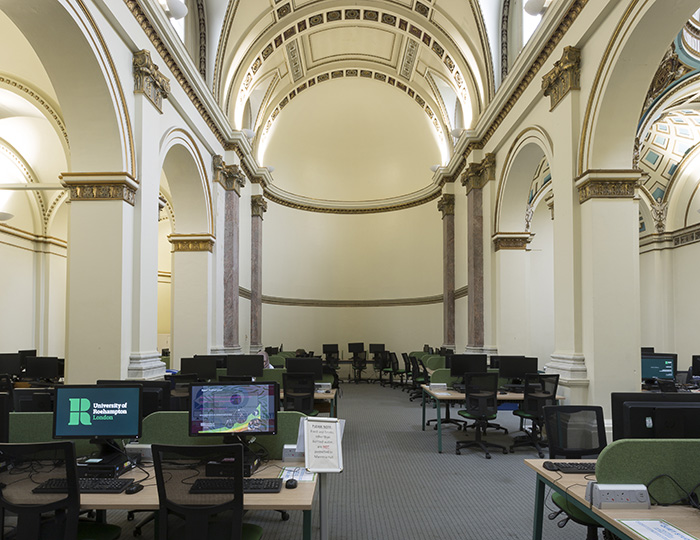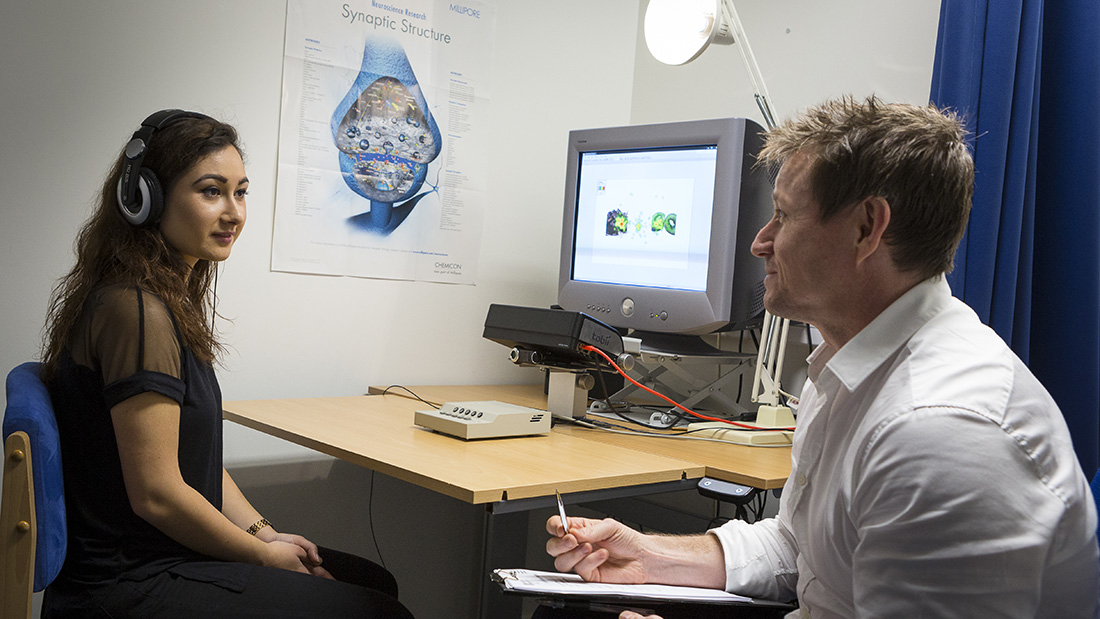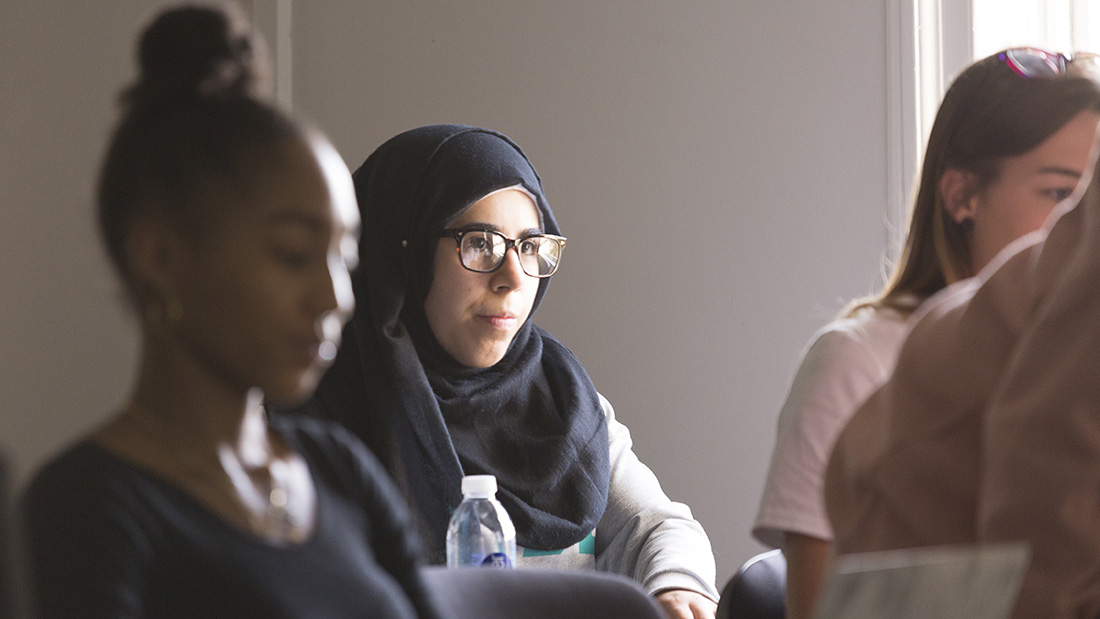Discover how to apply psychology to the study of criminal behaviour and the criminal justice system, and get ready for an exciting future career.
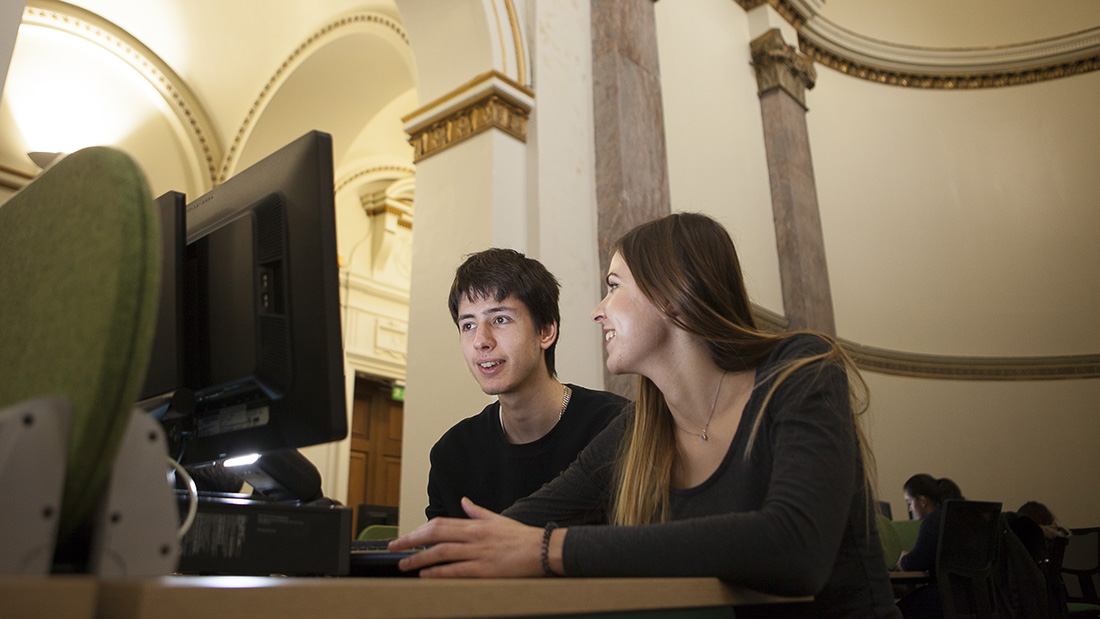
Entry Tariff
112–120 UCAS points (or equivalent)
Foundation Year entry: 64 UCAS points (or equivalent)
UCAS Code
MC98
MC99 (if choosing Foundation Year)
Duration
3 years (full-time)
4 years (full-time) if opting for the additional placement year
4 years (full-time) if opting for Foundation Year entry
Start date
September 2024
Degree Type
BSc (single honours)
Modules
These modules are those we currently offer and may be subject to change.
This course is offered as a degree with foundation year – a four-year programme which provides an additional foundation year at the beginning of the degree, that will give you academic and practical experience, as well as the skills you need to ensure you are equipped to successfully complete your chosen degree.
£2,000 Foundation Scholarships for all home students
Find out more about our degrees with a foundation year
This course offers all students the option of a one-year paid work placement, to boost your employability even further. If you choose this route, you will take the placement following year two of your course, and then return to complete your degree.
Why take a placement?
A placement year is the perfect opportunity to gain valuable work experience, to build on the career skills we will teach you on this degree. The connections you make on the placement will improve your career prospects further, and equip you with the skills you need to secure graduate-level employment.
How we support you
The University's Placement and Work Experience Team are experts at helping you to secure a placement. They will work closely with you from the start, helping you research potential employers, discover placement opportunities, create and pitch your CV, and will coach you to perform well in interviews. We aren't able to guarantee a placement, but our sector-leading advisors will give you the best possible chance of securing one.
Find out more about how we'll support you
We understand that your plans might change once you start your programme. If you decide not to do a placement, you will have the option of completing the three year version of your programme.
Whatever your choice, you will have access to many opportunities for work experience through our Placement and Work Experience Team, and access to face-to-face and 24/7 online careers support.
Why this course
Professional development and work experience built into the degree, including the option of a one-year work placement after year two, so you’ll graduate career ready.
Learn from enthusiastic, expert tutors who are also practitioners, policymakers, campaigners and involved in the latest research.
Modules and assessments are based on real work, including criminal profiling, case studies and criminology reports.
A fully integrated degree, where you’ll understand the psychology of human and criminal behaviour, as well as the impact of crime on individuals, and how this directly applies to the criminal justice system.
Skills
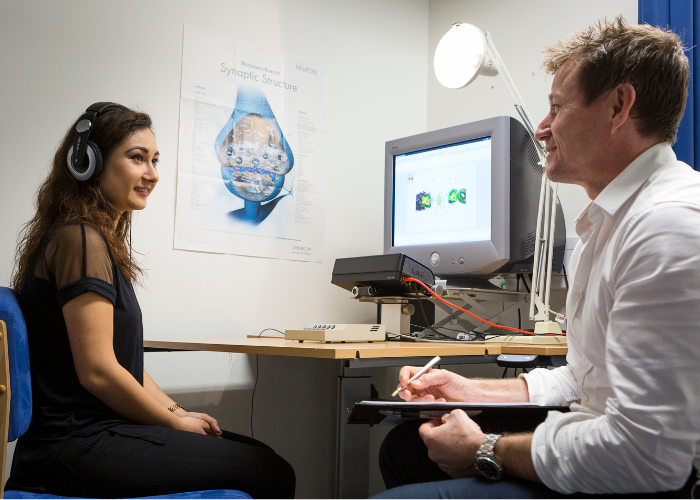
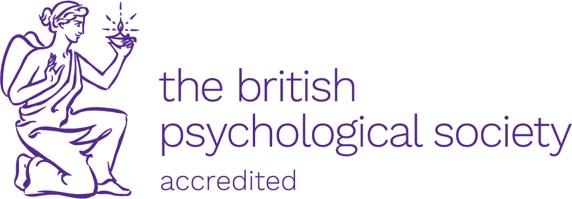
Study a degree that prepares you for a career in the criminal justice system, or for further study to become a Forensic Psychologist. You'll develop skills in:
- Applying psychology and criminology directly to the criminal justice system, learning how the legal system works and treats offenders and victims of crime.
- Neuroscience and how areas of the brain and brain damage can lead to riskier behaviour.
- Research and data analysis, teamwork, communication, negotiation and presentations.
When you graduate, your understanding of the human mind, criminology and the criminal justice system will allow you to excel in a range of careers.
Read more
You’ll learn core and contemporary subjects within psychology and have the opportunity to shape your degree around your own interests and ambitions. Topics include:
- Family Criminology
- Criminal Justice and Domestic Violence
- Forensic Psychology
- Criminological Imagination.
Our degree is professionally accredited by the British Psychological Society. This means if you graduate with at least a 2:2 you’ll be eligible for Graduate Basis for Chartered Membership (GBC) of the BPS – an essential first step if you want to go on to become a Charted Psychologist. It also means our teaching is of the highest standard, and you’ll receive excellent levels of support within our School.
How you'll learn
Get ready for your future with tailored teaching and contact time with your lecturers.
Teaching consists of a mixture of lectures and small group seminars, and at least 50% of your teaching will be in seminars, lab classes or workshops.
You’ll be learning from our enthusiastic and supportive academic tutors, who are also practitioners and involved in the latest research. They’ll teach you in our state-of-the-art psychological facilities, giving you first-hand experience using the latest equipment, including our EEGs to record brain activity, eye-tracking software, access to an fMRI, and brain stimulation therapy, including Transcranial magnetic stimulation (TMS).
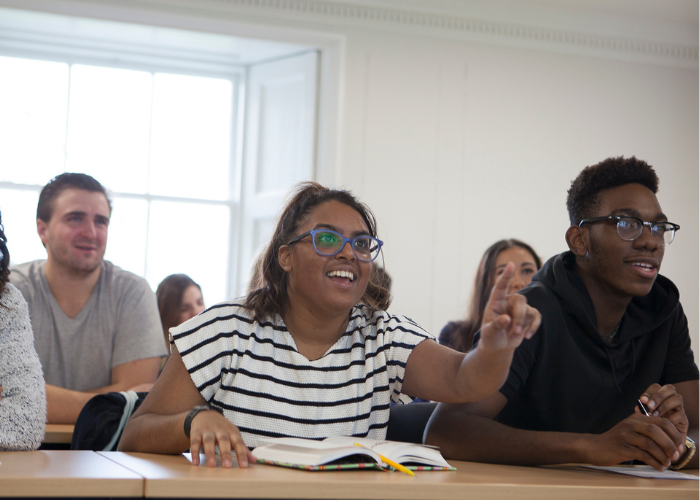
Your tutors
Who Teaches Psychology and Criminology?
How we will support you
We're here to help you reach your full potential as a Roehampton student, so you can go on to become a successful graduate. Some of the ways we’ll support you include:
- Academic Guidance Tutors: You will be allocated an experienced academic as your Academic Guidance Tutor. Your tutor will be on hand to help you through your studies, help you pick your modules, and provide career advice.
- Student Feedback and Consultation Hours: your lecturers have drop in office hours so you can go to them directly, arrange a video call or email to ask any questions.
- Study Skills for Psychology: weekly sessions to support all students who want to improve their academic writing, achieve better grades in their essays, overcome exam anxieties, develop further employability skills and fulfil their potential.
- Revision support: our lectures are delivered on-campus with recordings and further materials made available online to support your revision.
- RoeBuddies: all first year students are connected to a second or third year student mentor who offers advice and support. This scheme also means you’ll have the opportunity to be a mentor after your first year – a valuable skill to highlight on your CV.
- Study skills support: as studying in higher education is different from school and college, our team of Academic Achievement Advisers are here to help and support you in developing the skills to become a successful graduate.
- Welcoming community: when you join Roehampton’s School of Psychology, you’ll become a part of a supportive community of students and academics. Why not join the Roehampton Psychology Society to connect with your peers and join in with different events, talks, debates and socials?
How you'll be assessed
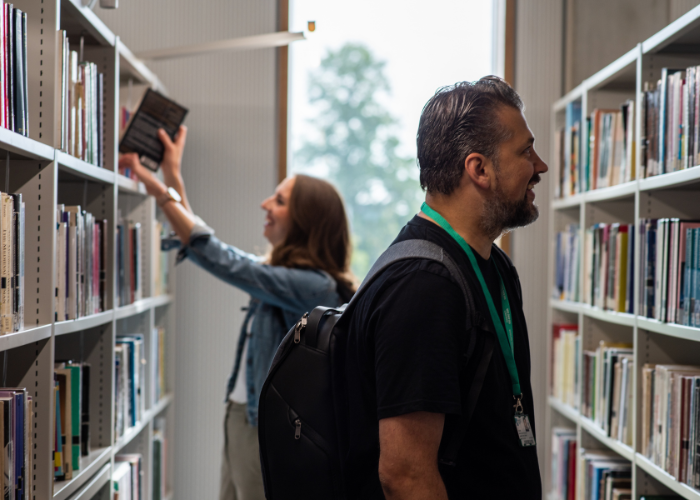
Our modules and assessments are based on real-world applications, allowing you to apply psychological and criminological theories to real-life cases and further increase your professional skills.
You’ll spend time criminal profiling, writing case study reports, and discussing and debating criminal justice responses to build confidence in applying your own knowledge and judgement.
Between Years 2 and 3, you can also opt for a professional placement year, meaning you have the opportunity to apply for a placement and gain valuable real-world experience.
Upcoming Events:
Career options
With our BPS accreditation and focus on applying psychology directly to the criminal justice system, you’ll graduate ready to achieve your ambitions.
Your future role could be:
- Forensic psychologist
- Probation officer
- Assistant psychologist
- Forensic scientist
- Criminological researcher
You could also work in the charity sector, for mental health services, in an educational setting or in a range of business roles.
Our graduates have gone on to study our BPS accredited MSc Forensic Psychology.

How our careers service supports you
Our careers team is available to support you from the start of your studies until after you graduate. We will help you build your CV, prepare for interviews, and meet and learn from successful graduates working at the top of their careers. You’ll also have opportunities to work with our partners across London and beyond, and to attend a Roehampton jobs fair where you can find out about graduate opportunities and meet employers.
Application Info
How to apply
Undergraduate programmes
- September 2024 entry: Home (UK) students – apply through UCAS (Roehampton UCAS institution code is R48)
Apply now for September 2024 entry through UCAS
- September 2024 entry: International students- apply using our direct application form
Apply now for September 2024 entry
If you need any help or advice with your application, or just want to ask us a question before you apply, please do not hesitate to contact us.
We welcome applicants with a wide range of qualifications, including BTECs, A-levels and T Levels.
When we consider applications to study with us, we form a complete view of your achievements to date, and future potential. In some cases, we will make you a contextual offer. Contextual offers ensure that all applicants have a fair opportunity of gaining a place with us, regardless of their background. Find out more about contextual offers.
Detailed advice on applying for an undergraduate degree is available on our How to apply page.
Entry tariff
We welcome applications from students studying T Levels.
For all courses we also accept a wide range of other qualifications and experience. Contact us to find out more.
When we consider applications to study with us, we form a complete view of your achievements to date, and future potential, and can offer flexibility in entry requirements. Find out more about our Contextual Offer scheme.
Specific entry requirements
GSCE requirement:Maths at grade C/4 or above.
General entry requirements
Contextual offers
When we consider applications to study with us, we form a complete view of your achievements to date, and future potential, and can offer flexibility in entry requirements.
Find out more